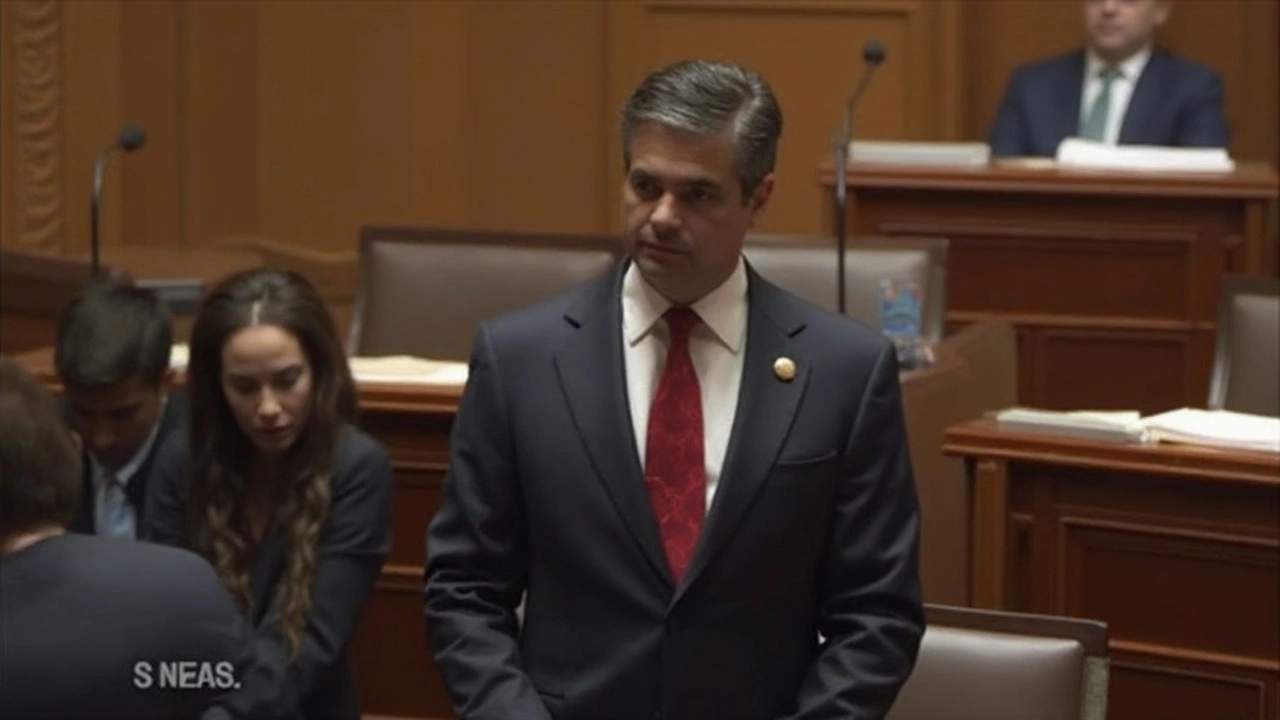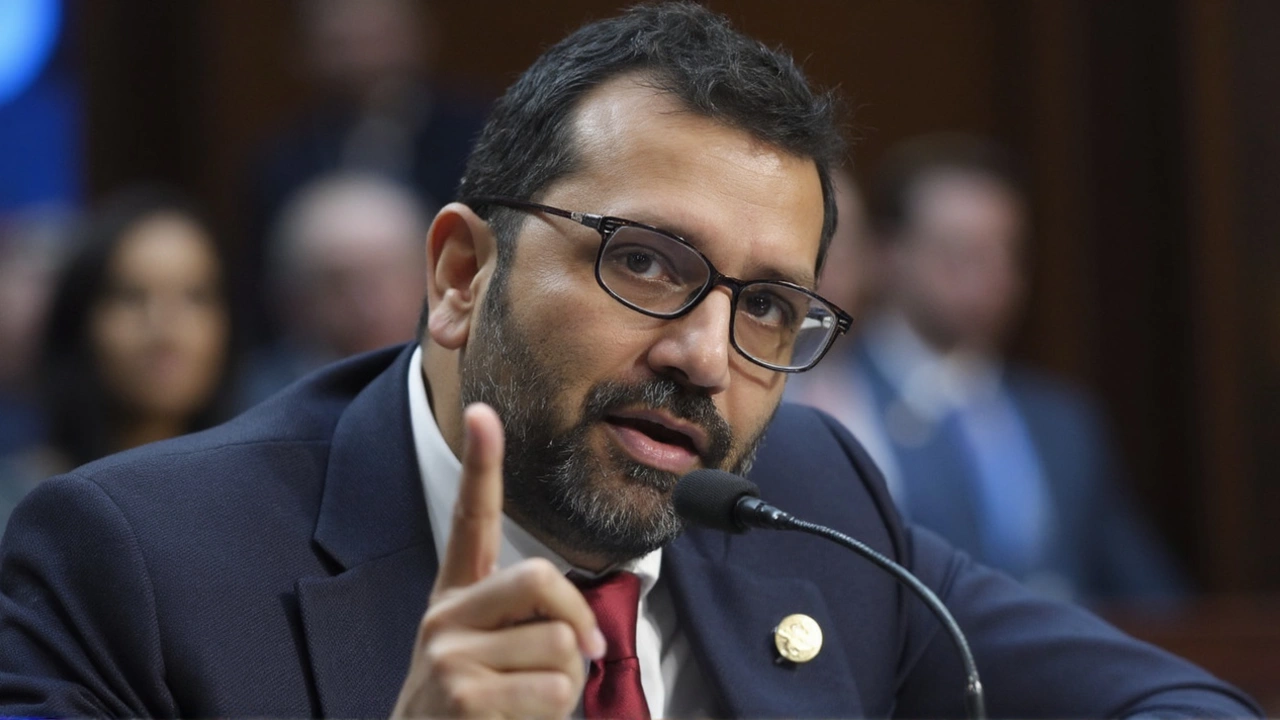Senate Confirmation of Kash Patel
In a decision that has sparked considerable debate, the Senate confirmed Kash Patel as the new FBI director with a razor-thin vote of 51-49 on February 20, 2025. The vote saw two Republican senators, Lisa Murkowski and Susan Collins, break ranks to oppose Patel's appointment. This decision is noteworthy as Patel stands as a prominent Trump loyalist whose views have frequently come under scrutiny.
During his confirmation hearing, Patel faced intense questioning over his refusal to accept the outcome of the 2020 presidential election. When probed about his stance on President Joe Biden's victory, Patel only conceded that Biden had been certified and inaugurated, without directly acknowledging Trump's defeat. This aspect of his testimony raised eyebrows, given the continuing national conversations around election integrity and public trust.

Concerns Over Patel's Stance and Intentions
Patel has not shied away from controversial statements, having a history of promoting far-right conspiracy theories, including those orbiting the QAnon movement. He has extended such beliefs into the realm of children's literature, penning books that spread narratives about a 'deep state' undermining the nation's democracy. This aspect of his career path raises questions about the ideological underpinnings he may bring to the FBI.
His confirmation has also resurrected concerns regarding the potential weaponization of the FBI, particularly due to his known support for Project 2025. This initiative seeks to narrow the agency's scope in combating misinformation about elections, a move that critics argue could further polarize national discourse and harm democratic institutions.
Among the most vocal critics, Democratic Senators Dick Durbin and Adam Schiff have been forthright in their opposition. Durbin bluntly termed Patel as 'dangerously, politically extreme,' while Schiff questioned his integrity. They emphasize Patel's prior statements and actions as indicative of a potential bias that could influence the agency's operations and decisions.
Add to this the criticism from Senator Susan Collins, a Republican, who pointed to Patel's history of aggressive political engagements and attempts to undermine the very agency he is now set to lead. Her concerns mirror a segment of bipartisan skepticism about Patel's suitability to guide an organization as pivotal as the FBI.
As he steps into this high-profile role, all eyes will be on Patel and how his leadership will reshape the FBI's focus and approach to national security, particularly concerning election-related disinformation. The narrow vote and contentious debate surrounding his confirmation underline a more extensive polarization within the political spectrum, reflecting deeper divides among Americans about the direction and mission of their institutions.
